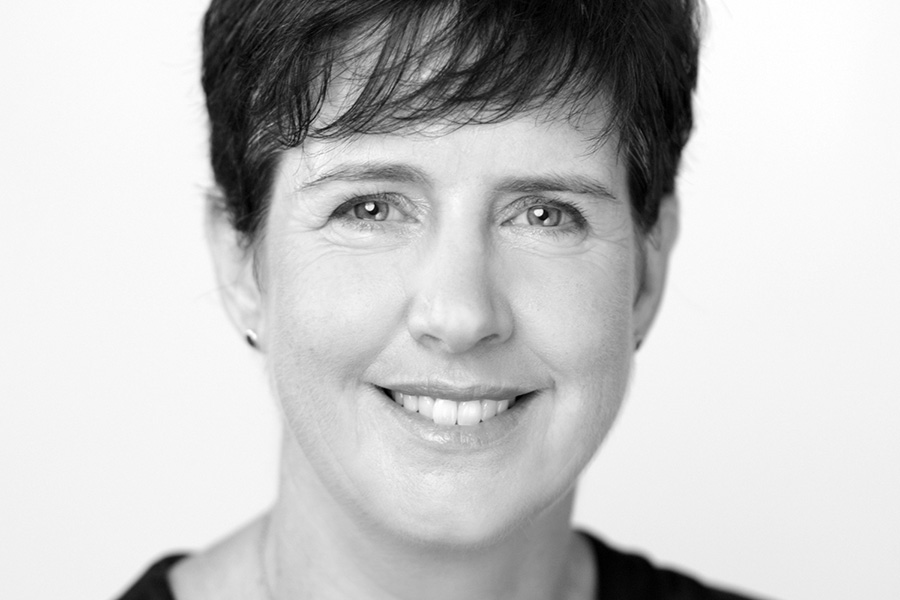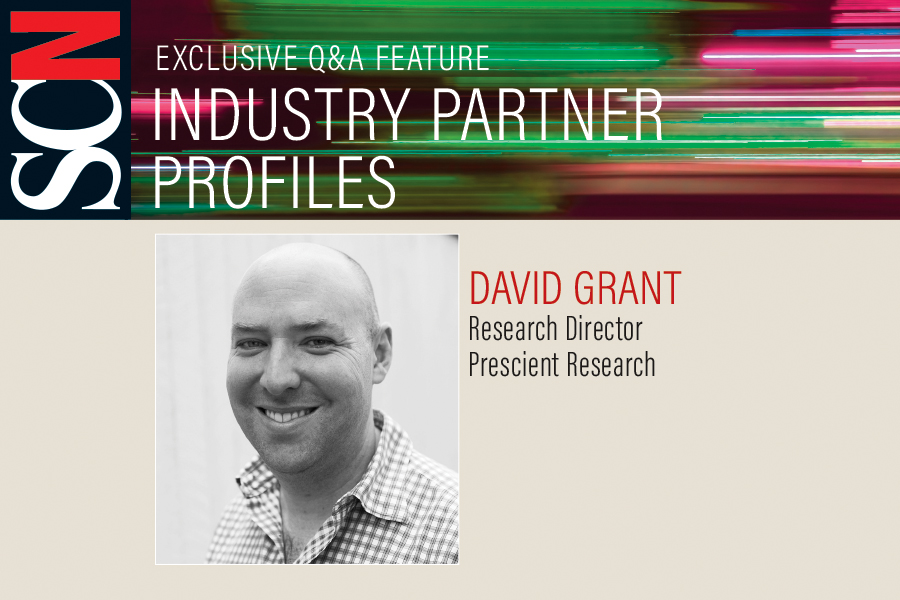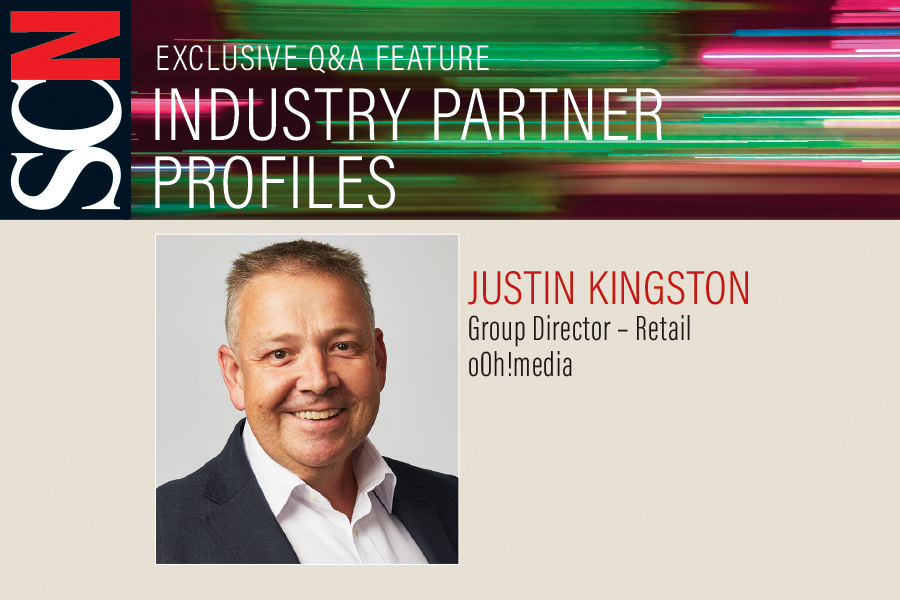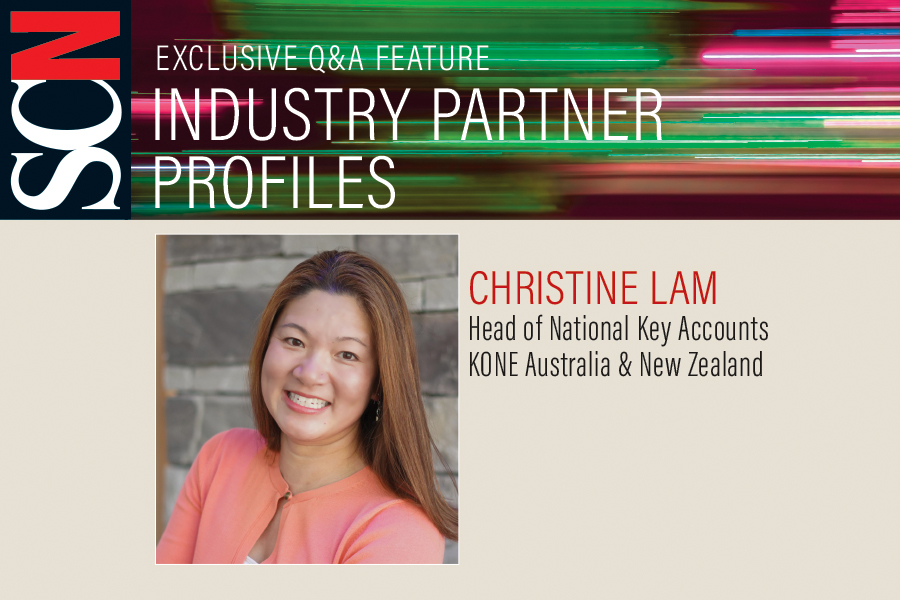Virginia Lloyd is a highly experienced leader in the retail property industry with more than 15 years’ experience leading large scale retail development projects. Virginia is currently the National Development Manager at Charter Hall, responsible for projects up to $400 million in value. She has proven success with the planning, approvals and delivery of projects within the retail sector, working for both Stockland and Woolworths, prior to joining Charter Hall. With honed legal and financial skills and extensive project experience, Virginia currently leads a team of development managers through the development and delivery of multiple projects across the country, ranging in value between $5 million and $100 million.
What do you think is the most significant barrier to female leadership?
Corporate Australia is making some very committed and genuine attempts to attract and retain women through all stages of their careers and at all levels of organisations. There remain some very embedded gender role mindsets on the part of both men and women with women largely bearing the domestic burden, which is impacting their ability or willingness to return to a career after children. It is incumbent on both men and women to achieve a better balance of home duties and continue to encourage women to take opportunities and stretch themselves in their careers.
What have you learnt about leadership?
No leader or individual has all the answers all of the time; however, a good leader will stop talking, gather information and listen to a variety of views or options before moving forward. Leadership is not about one individual knowing everything and making all the decisions but about giving the team the space and confidence to be heard and collectively make better decisions.
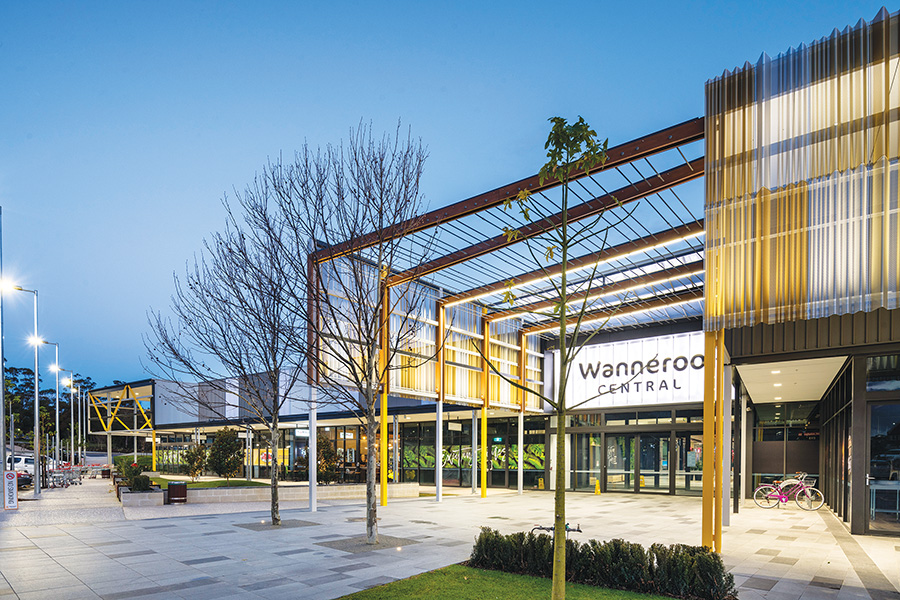
Wanneroo Central
What have you learnt about fostering leadership in the workplace?
Leadership comes in a variety of forms and places, sometimes unexpected. People tend to confuse leadership with seniority. All those successful leaders have displayed and built their leadership skills early in their careers at much more junior levels. Supporting and encouraging people at all levels to speak up, to be the best they can be and to take all the opportunities they wish to take helps foster their individual leadership skills and abilities.
In your opinion, what qualities make a good Development Manager?
Development requires the ability to step in and out of a great range of disciplines without ever being an expert in one single area. An unusual combination of attention to detail along with the ability to step back and look at the big picture and identify where the biggest risks are, is required. The ability to communicate well with all personality types is also critical.
What do you like least about your role?
Development projects can take years to come to fruition and during this time the goal posts often move, due to the changing investment, economic and consumer landscape, impacting the organisation or investor’s appetite for development projects. Through the GFC, in particular, large numbers of projects were put on hold or significantly changed, which can be a very challenging time for everyone involved. While the uncertainty and changing landscape can be frustrating, it also often leads to better project outcomes for all parties.
What advice would you give to someone wanting to get into development?
Make sure you manage your expectations and know what you’re getting into. Development is a great space to play in and can be incredibly exciting, fulfilling and dynamic but it can also be a long, hard slog. Some of these projects take years to evolve and there can be many project setbacks along the way. This role is well suited to individuals who are tenacious and willing to persevere when challenges arise and who can find solutions to meet the needs of the varied stakeholders involved.
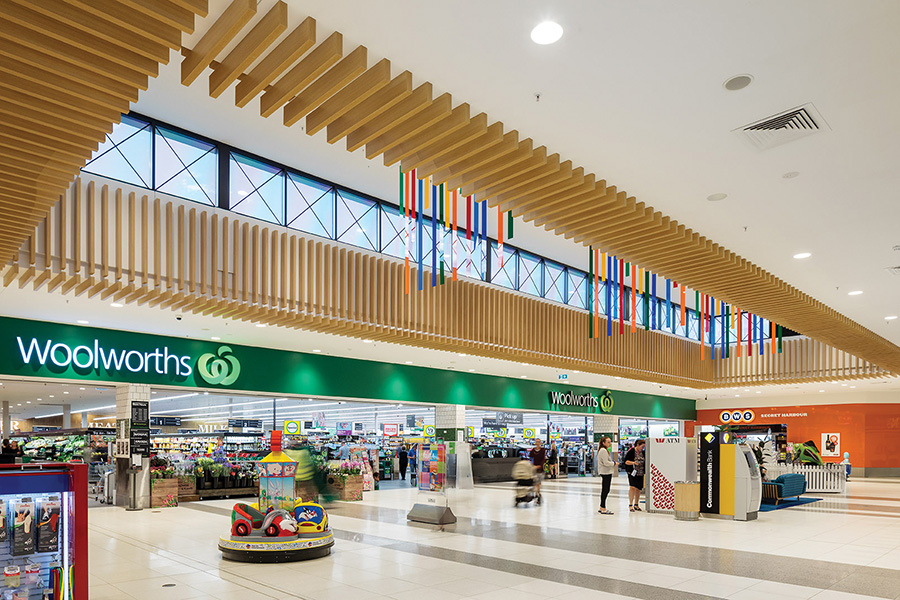
Secret Harbour Square
Best piece of advice you’ve ever received and by who?
Very early in my career, working in banking in NZ, my manager at the time advised me that maintaining a very fixed career path limits your ability to take advantage of unexpected opportunities along the way. He told me to listen to my gut instinct when those times arrive and trust that, instead of pursuing my career plan too rigidly. It is due to this advice that I worked in IT in London, as a ski instructor in Austria and then landed in property and development in Australia. The career plan I had when I left university would have taken me down a completely different path and I would not have found myself in this career and industry that I am passionate about and suits my skills and qualifications ideally.
When are you most creative?
Creativity tends to arrive when I’m away from the office doing something utterly non work related like trail running or scuba diving. These are the times my brain seems to relax and be calm and are generally when the great ideas and solutions to problems develop and evolve.
How can women invest in themselves to support their career?
At various points in my career I have had the opportunity to work with and learn from some very smart and innovative individuals. My advice would be to invest time seeking out these people who can debate and challenge your thinking, who have different views and who see issues through a different lens. Spend time with these people and allow them to help build your confidence, network and knowledge.
How do you manage balance in your life?
Achieving balance in my life requires ongoing focus and effort. With two kids and school, sport and activities, work and many other things to organise, life can be very, very busy. Charter Hall has been very supportive and encourages flexible work practices in a very genuine way.



